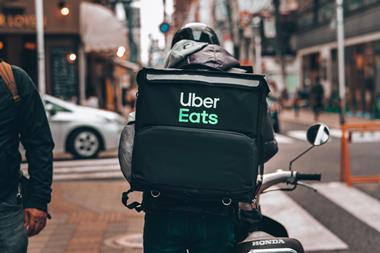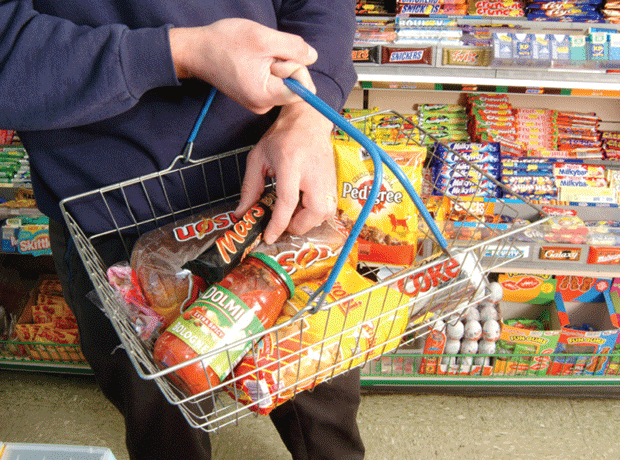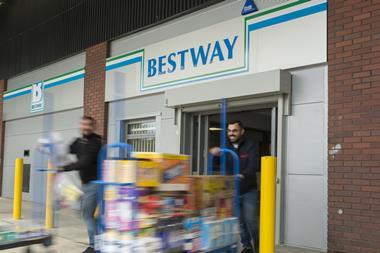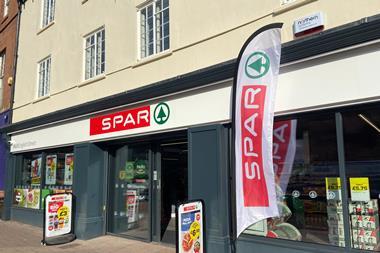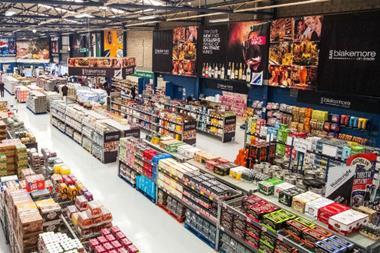Can c-stores deliver success?

It is clear that the delivery operators see value in servicing the convenience retail market and are willing to go head-to-head to capture that space, but HIM’s Giorgio Rigali asks if it is the right move for the independent sector.
ALREADY HAVE A REGISTERED USER ACCOUNT? PLEASE LOG IN HERE
To read the full story join the ConvenienceStore.co.uk community today!
Registration is quick and easy and provides access to:
- Unlimited ConvenienceStore.co.uk articles
- Our great range of newsletters
- Content you’ve saved for later via the ‘my library’ feature
And much more…




















